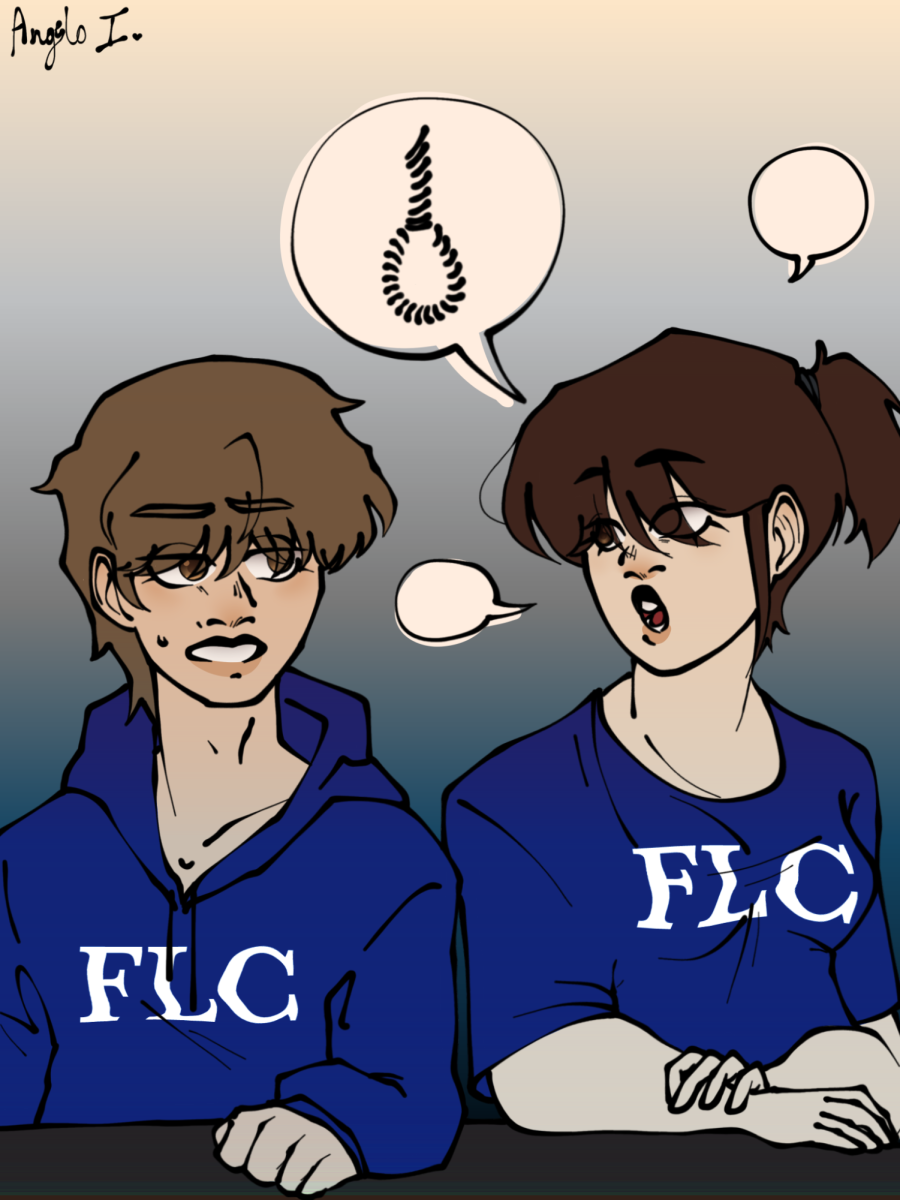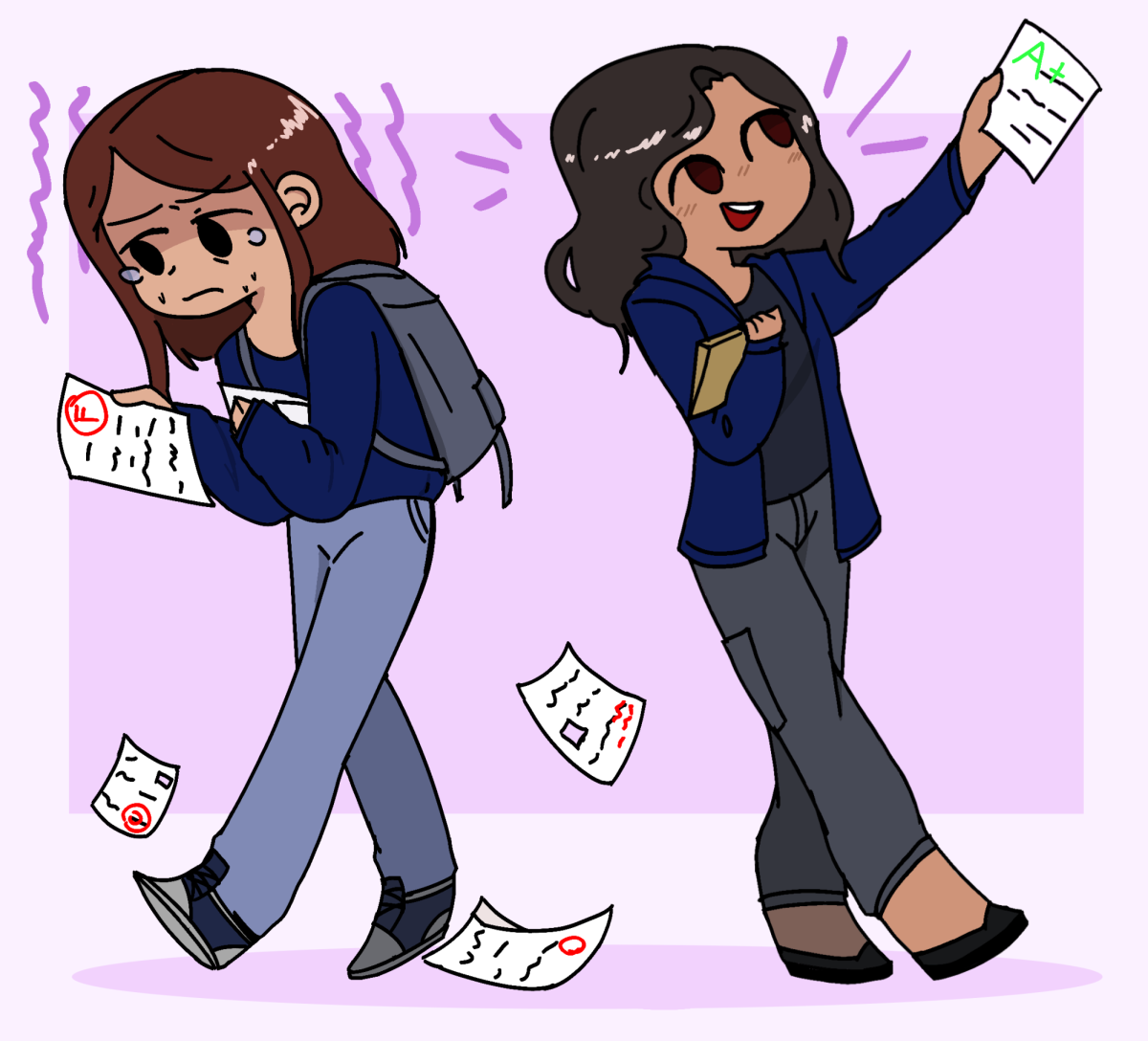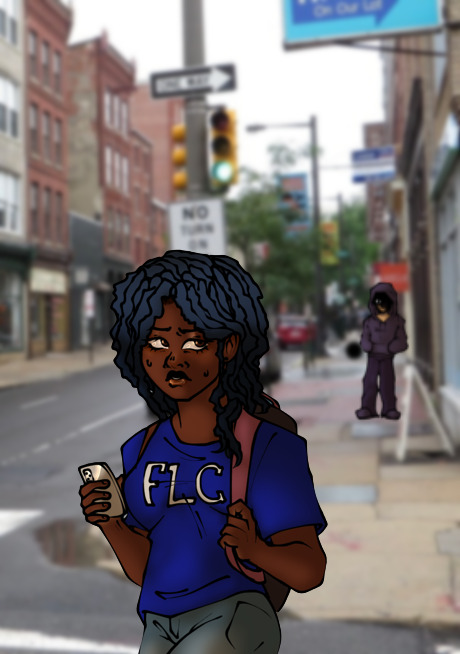
The first time I learned something from a meme was when I was in Middle School. It was a meme about the Mitochondria being the powerhouse of the cell. I had no idea what that was, I didn’t take biology until two years later. So I looked it up, and ended up learning the entire cell through similar memes. Strangely, with that information, I was able to pass my final science PSSA.
Last year, the insanely viral meme “Surgery On a Grape” provided a similar type of lesson to the public. Not everyone knows about Da vinci Surgery Systems, a minimally invasive surgery assisting robot. However, when the meme became viral around late 2018, surgery to that kind of detail was now common knowledge amongst younger viewers.
But it doesn’t just stop there. Any meme with a fact on a template can be educational. History memes, memes about real world events, and memes about discoveries can provide information to the public. Or at least, gets people interested enough to do their own research and learn something.
I’ve seen this happen again and again, from various memes on a wide variety of topics. There are some who get all the information on a topic from memes exclusively, and there are others who see unknown information, and want to know more. But in both cases, aren’t memes the cause of them learning something new?
According to Improve Short Term Memory With Laughter, a 2016 study by surgical Oncologist Mark Reeves, laughing decreases the stress hormone, Cortisol, and short-term memory improves as a result. If someone’s memory benefits from laughing at a meme for a short duration, then they can retain the information being presented. And that allows more memes to be made or shared with that same fact, like wildfire.
Although this little theory of mine sounded probable, I had to ask people what they thought as well. In a small survey of 40 people aged 14-23, they were asked how often they learn something new from memes. 17.5 percent of people answered 0-30 percent of the time, 45 percent answered 40-70 percent of the time, and 37.5 percent answered 80-100 percent of new information learned comes from memes.
As crazy as it sounds, it’s not far fetched. It’s not like people in this age group are getting their news or drama from NBC or Ellen. They are getting information from where they’re most familiar with. This specific audience uses memes the most, so it makes sense.
Now the question arrives, should schools like FLC use memes as general education, like they do in social settings?
Why not? Maybe not the classroom memes certain teachers will put around the classroom, or a textbook full of only memes. But maybe, with moderation, memes can be shown to students that are both entertaining and educational. An FLC meme page that actually posts informational memes? If not, memes causing education will still be an interesting perk. Just look at how we learn from them now!







Xavier Barton • Nov 18, 2019 at 6:11 pm
I think it is a good idea to add means to a classroom but then again i could disagree. Look at it this way, yes memes may have helped you throughout school and stuff but like sometimes memes could be more distracting then they could be educational. Most people only look at memes if they think its funny right? So teachers have to take time out there day to learn how to make a meme students would actually wanna look at and care about. This adds extra work for your teacher to do. And what if the students don’t get the meme at all? That will take time for a teacher to explain it and teachers don’t have a lot of time as it already is.
Destiny Leon • Nov 18, 2019 at 6:10 pm
honestly , i feel as though having memes incorporated with our learning would actually be nice , but it all honestly depends on the students , & how seriously they would take the work afterwards . some students don’t really seem to know how to act around certain topics , & memes are certainly one of them . other than that though , i say we should give it a shot , & this newspaper article was very informational & it gave good reasons as to why we should indeed use memes in class . good sense of persuasion and examples